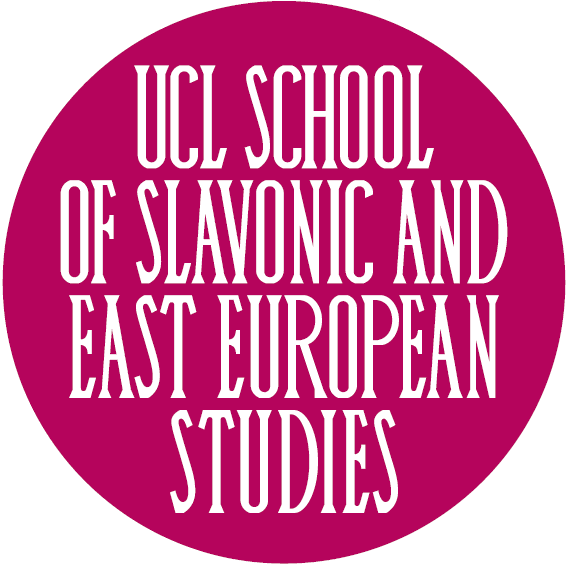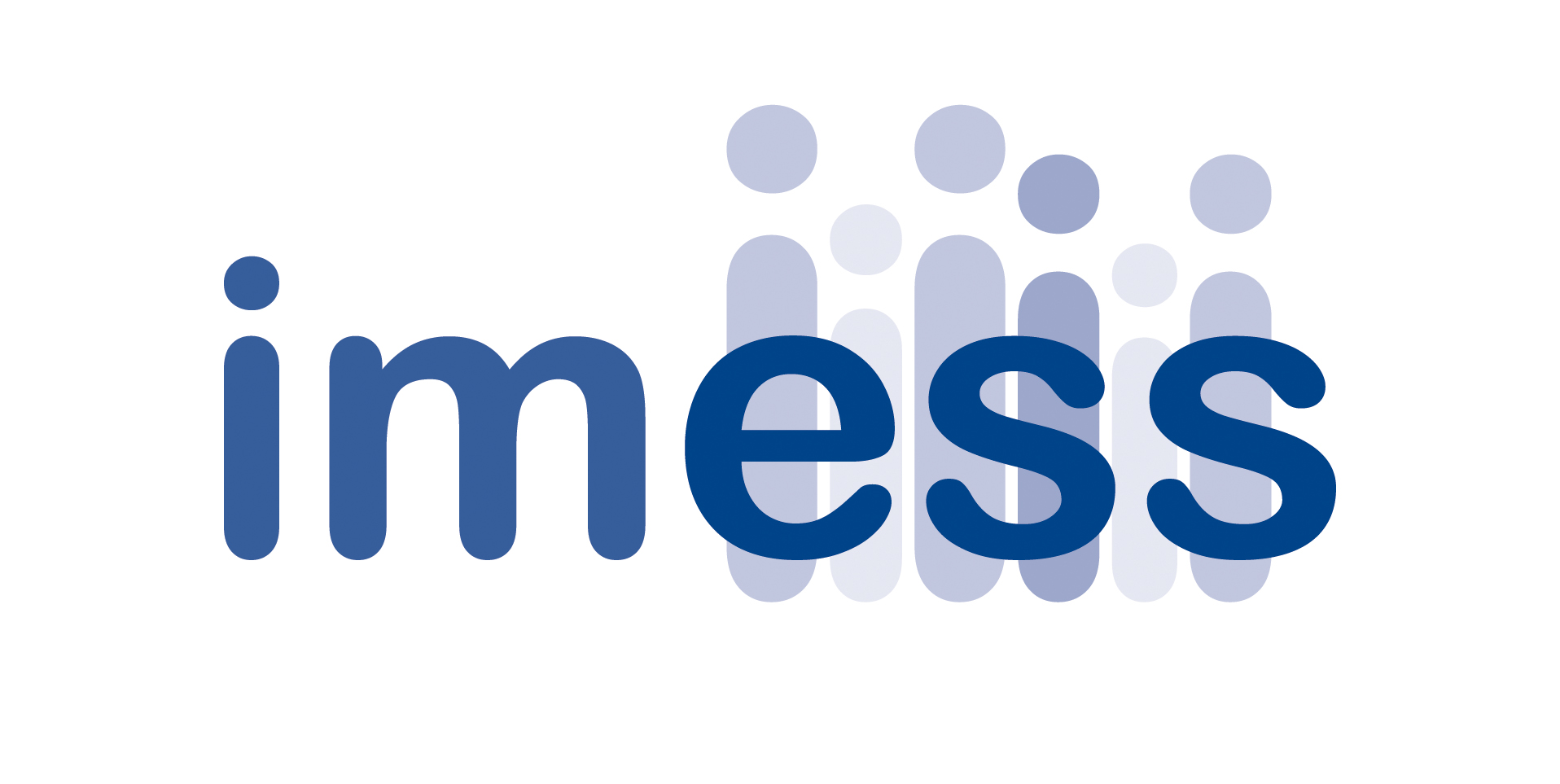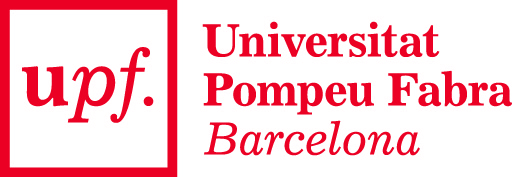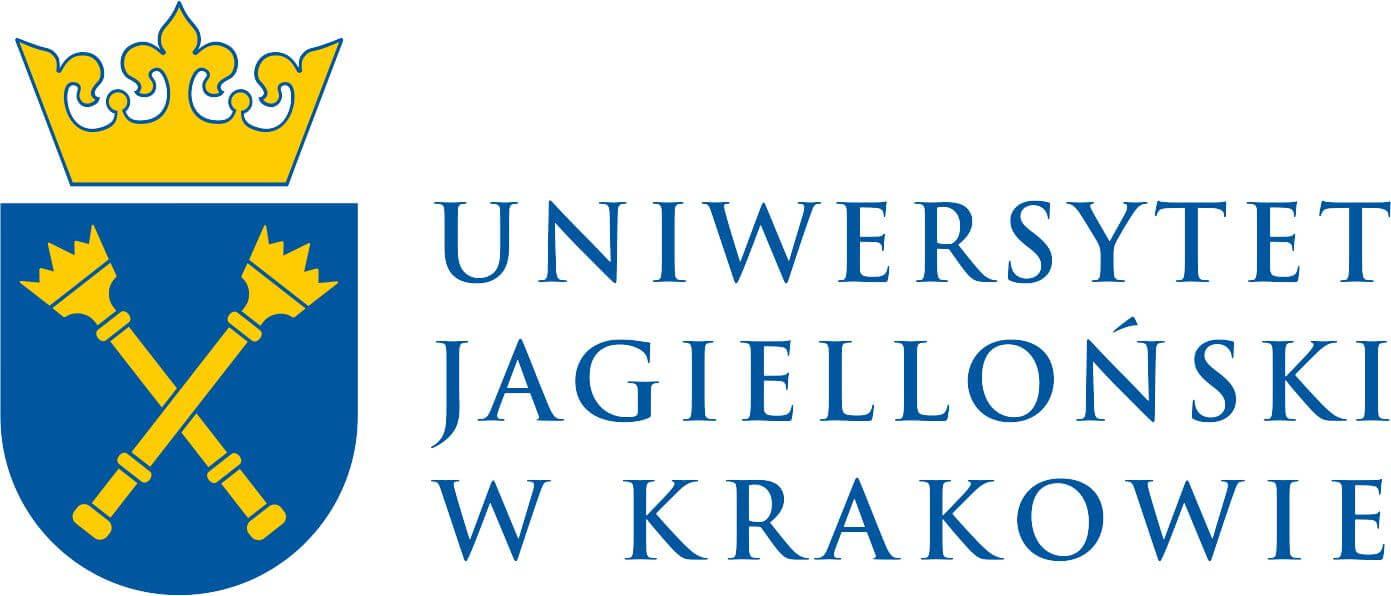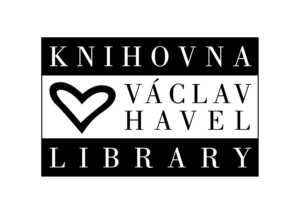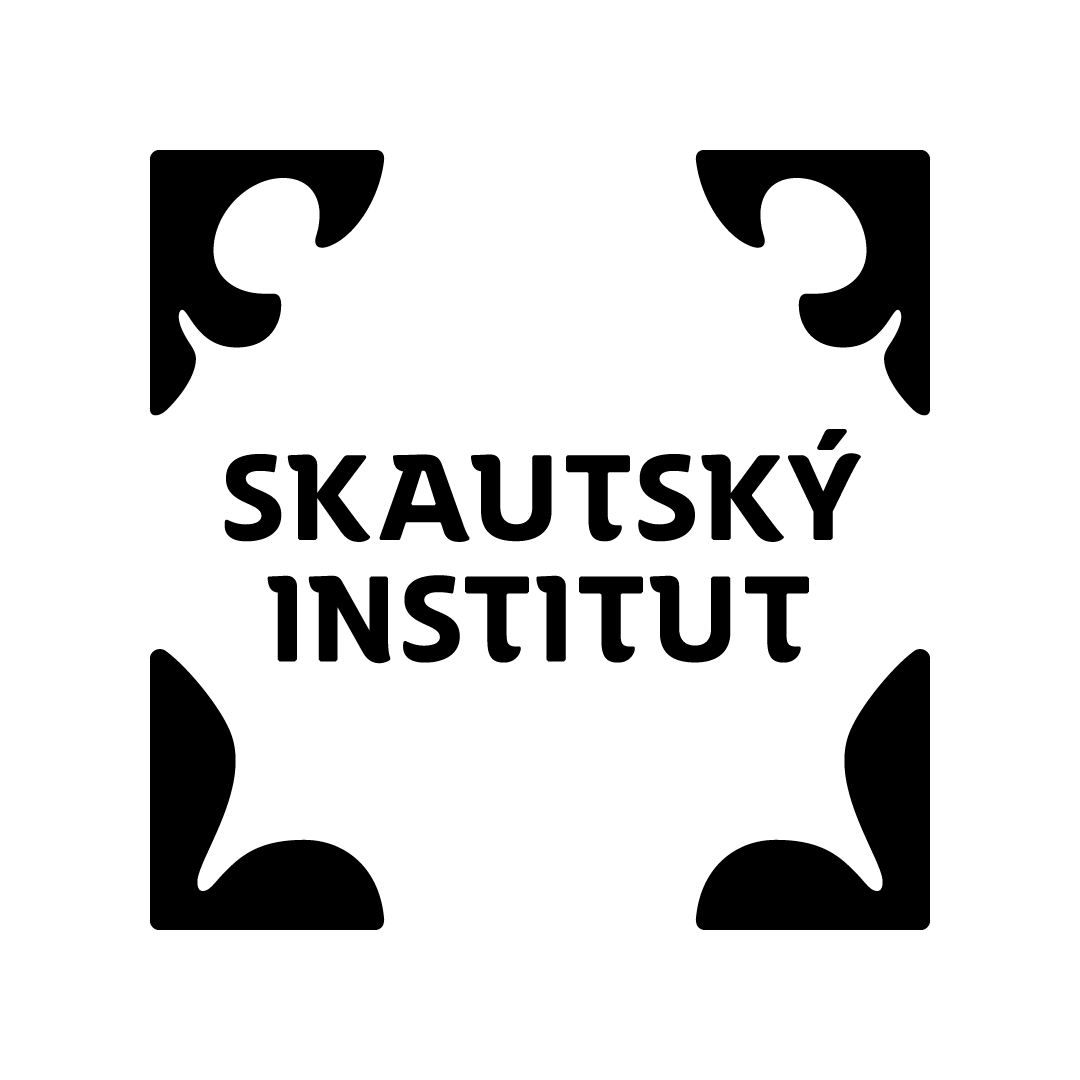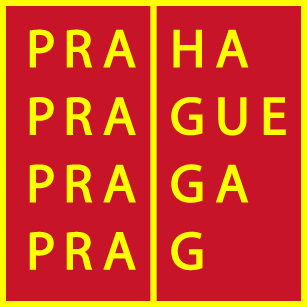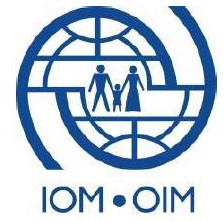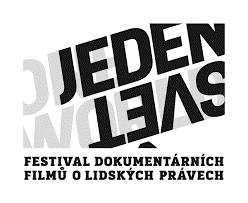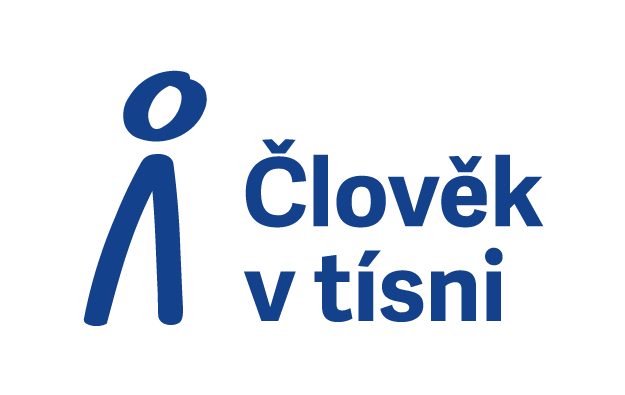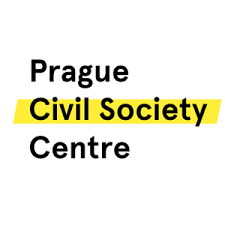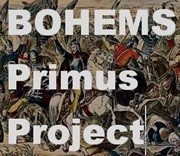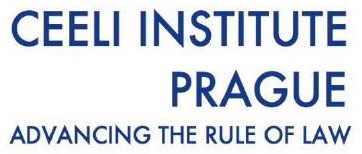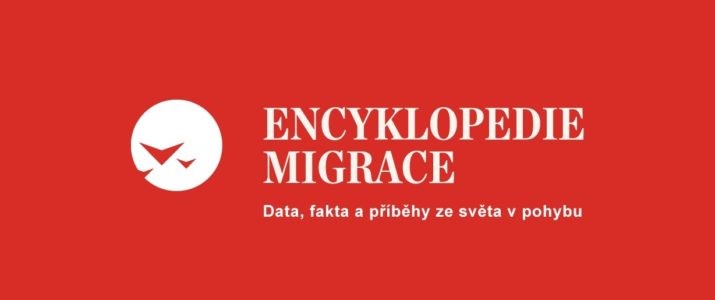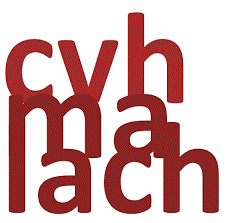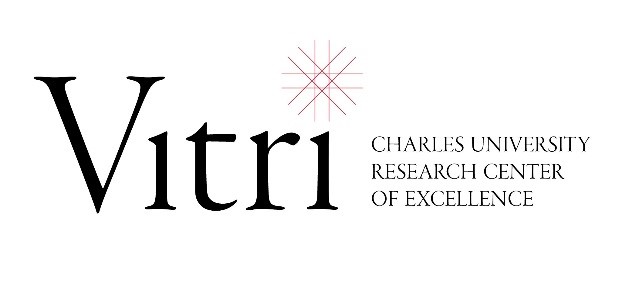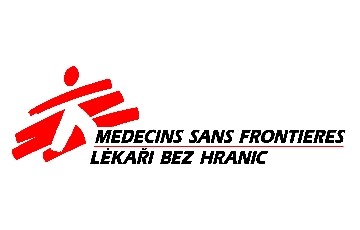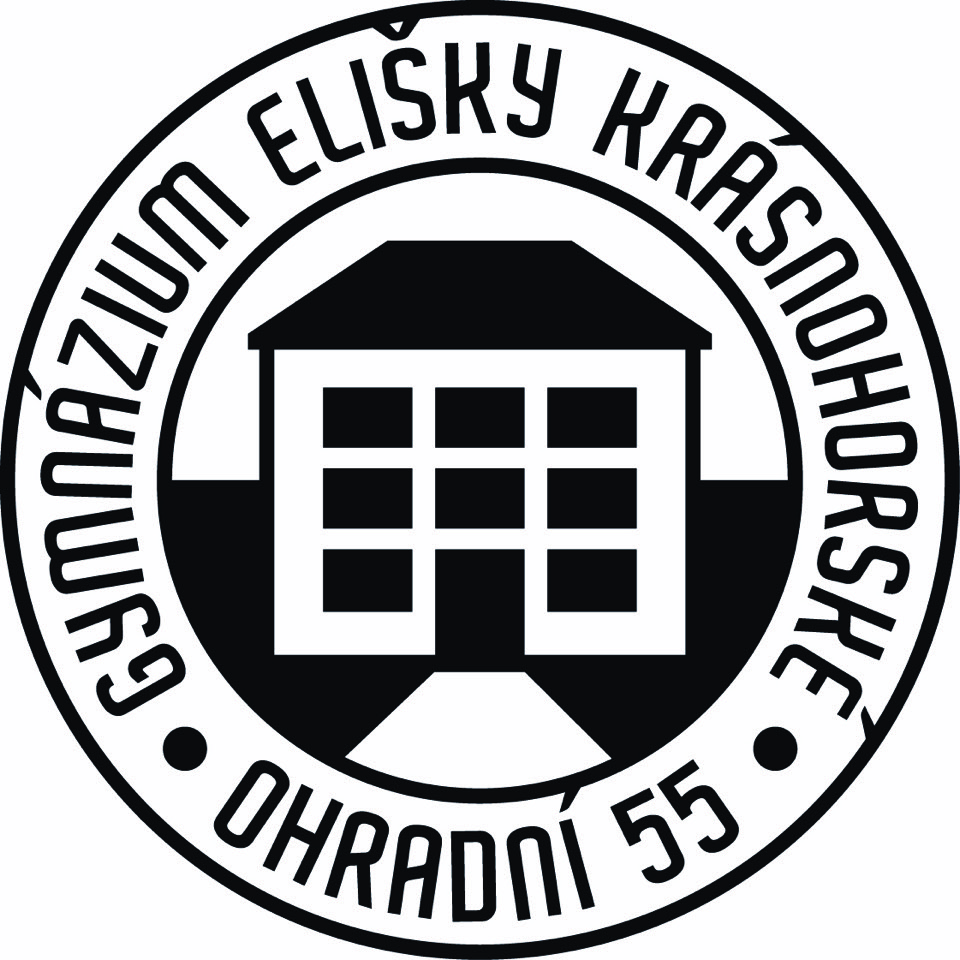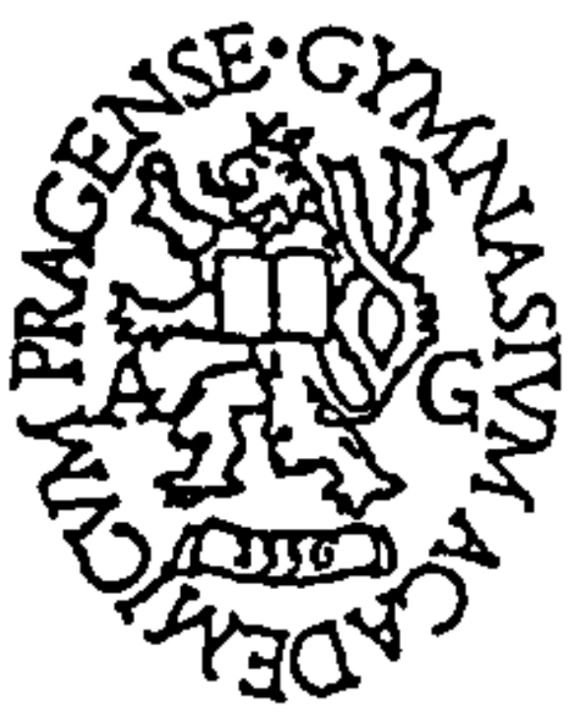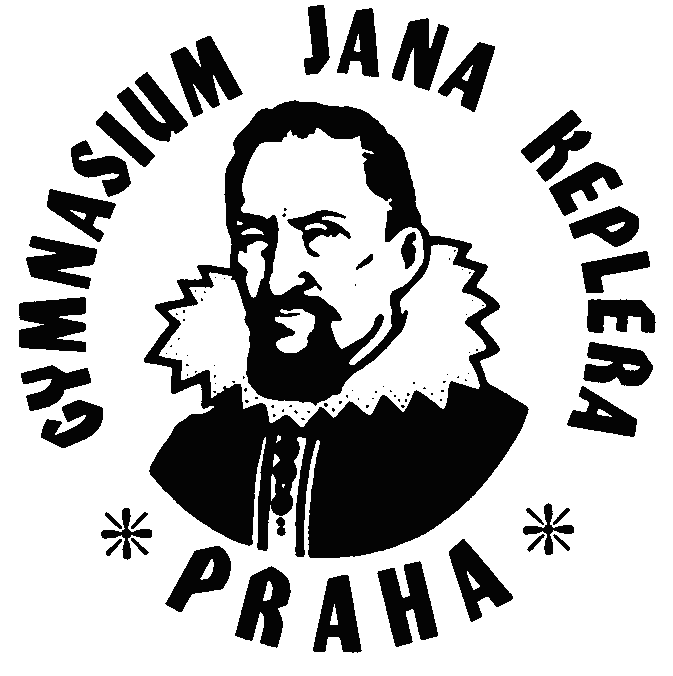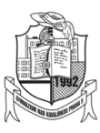Balkan, Eurasian and Central European Studies
Balkan, Eurasian and Central European Studies
Master's degree in Czech language - distance form
General Information
The study programme Balkan, Eurasian and Central European Studies focuses on the historical, political, social and economic context of the Balkan, post-Soviet and Central European territories. In addition to the common basis, the programme is divided into two study specialisations - Balkan and Central European Studies and Russian and Eurasian Studies. Students specialize in clearly defined territory, focusing on history, political and social developments, and the economic context.
The aim of the study program Balkan, Eurasian and Central European Studies (BECES) is development of teaching and follow - up research in the Balkans, Central and Eastern Europe, Russia and the Eurasia. The programme is based on the concept of area studies as by its nature a multidisciplinary field focusing on internal trends; and characteristics of these territories from the 19th century to the present.
The study programme is divided into two specializations - Balkan and Central European Studies and
Russian and Eurasian Studies - which the student chooses when applying, and focuses on
the following cross-cutting topics:
a) history and historical interpretation concepts,
b) political systems
c) social and cultural history.
Furthermore, emphasis is placed on mastering methodological tools of social sciences and territorial profiling
of the student according to the needs of his/her thesis. The student is acquainted in the course study
with the latest state of research in international comparison and also a must during the study to take
several lectures in English.
ADMISSION PROCEDURE
The admission procedure is one round and consists of a professional test in Czech and a written essay on a given topic in English.
COMPETITIVENESS OF Russian and Eurasian Programme GRADUATES
The graduates of the Russian and Eurasian Studies specialization of the Balkan, Eurasian and Central European Studies program know the historical, political, social and economic context of Russia and Post-soviet space and possesses internationally relevant expertise in Area studies. They understand the history and political context of the studied territory. They can elaborate text of high quality regarding their expertise and formal aspects and make qualified assessments of the development of the states and societies of the studied regions. Owing to that, they sought for candidates and outstandingly evaluated employees in state administration, diplomacy, non-governmental organizations and international institutions, research and development, private sphere and media.
COMPETITIVENESS OF Balkan and Central European Programme GRADUATES
The graduates of the Balkan and Central European Studies specialization of the Balkan, Eurasian and Central European Studies program know the historical, political, social and economic context of the Balkan and Central European space and possesses internationally relevant expertise in Area studies. They understand the history and political context of the studied territory. They can elaborate text of high quality regarding their expertise and formal aspects and make qualified assessments of the development of the states and societies of the studied regions. Owing to that, they sought for candidates and outstandingly evaluated employees in state administration, diplomacy, non-governmental organizations and international institutions, research and development, private sphere and media.
Why study the Balkan, Eurasian and Central European Studies
1.Top workplace and teacher
Study the Balkan, Eurasian and Central European Studies at a top workplace with unique and motivated experts in Central and Eastern Europe and the Balkans who are in professional contact with the regions taught.
2. Closely focused specializations
The curriculum allows for a very narrow focus of study specializations on a specific and narrowly defined region, which will be supported by an appropriate choice of the topic of the thesis.
3. Foreign trip
The Institute of International Studies at the Faculty of Social Sciences of the Charles University is strongly connected with various contracts with academic and professional institutions and through it you can travel to very interesting places for an academic or practical internship. Foreign internships are not a compulsory, but a very welcome aspect of study.
4. Distance study
The study takes place on selected Friday afternoon teaching weeks of the semester and enables the participation of working or otherwise busy students. The study is fully comparable with full-time study. If a student completes his / her studies in due time, ie by the end of the third year of study, the study is free of charge.
What will I do after my studies?
A graduate of the Balkan, Eurasian and Central European distance study program will be a full-time graduate of the Master's degree. His / Her knowledge will be based on territorial expertise in Balkan and Central European Studies or Russian and Eurasian Studies. He / she will understand the specifics of a particular territory and is a specialist for the region of his / her study focus. A graduate of the BECES study program is a sought-after expert and analyst who understands the territorial specificities of the regions studied (history, politics, society and economic context). Thanks to this very specific territorial specialization, the graduate is a sought-after candidate and a highly rated employee in public administration, diplomacy, NGOs and international institutions, research and development, the private sector and the media.
Compulsory courses
|
Code |
Course title |
Course leader |
Semester |
Hours per week |
Course assessment |
ECTS credit points |
|
JTM044 |
SS |
0/2 |
Examination |
6 |
||
|
JTM045 |
WS |
0/2 |
Course credit |
6 |
||
|
JTM046 |
SS |
0/2 |
Examination |
6 |
||
|
JTM047 |
WS |
0/2 |
Examination |
6 |
||
|
JTM048 |
WS |
0/2 |
Examination |
6 |
||
|
JTM049 |
WS/SS |
0/2 |
Course credit |
15 |
||
|
JTM050 |
WS/SS |
0/2 |
Course credit |
15 |
More information to be found here: https://karolinka.fsv.cuni.cz/KFSV-1097.html


